Timepieces from luxury fashion and accessory houses are tempting. They’re potentially impressive and often less expensive than a Patek or Rolex. But are they worth it?
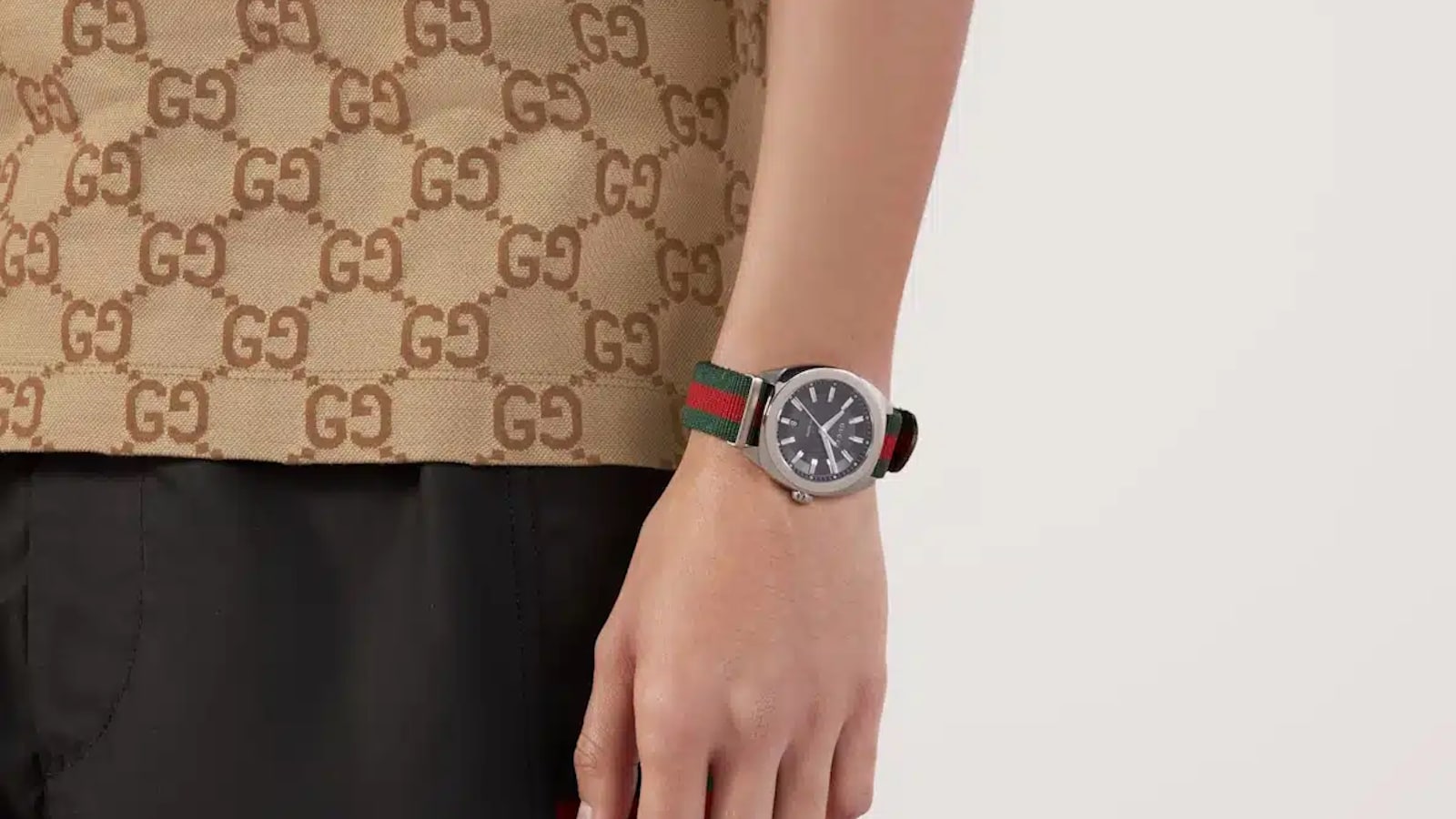
I’ve always said I’m more of a dress code guy than a fashion guy. I can tell you about the proper fit. Or good tailoring and good materials.
And I can tell you what to wear and when to look like a well-adjusted, self-respecting man. So maybe I’m a style guy, though that world is subjective.
But fashion. That’s different.
Still, I’ve lived in New York long enough and attended enough Fashion Weeks here and around the world. So, I can confidently navigate the nuanced, art-historically-contexted, and always-changing world of fashion with a capital F.
As someone who has worked in high-end art galleries and auction houses, I also know a thing or two about luxury.
That being the case, I do often get asked about watches from luxury goods brands. Yes, Rolex and Audemars Piguet are technically luxury.
But I’m talking about brands that aren’t watchmakers primarily. Are timepieces from jewelry brands like David Yurman or fashion brands like Chanel any good? I know a few people, myself often included, who raise an eyebrow at the latter.
The answer, of course, is multi-tiered. Yes. No. Sometimes. It Depends.
Let me elucidate this understandably confusing category of watches.
Table of Contents
Let’s Look at the Different Ways Luxury Brands Expand Into Watches
This, of course, makes a big difference. In one sense, it’s wise to stay in one’s lane. In another sense, diversifying your portfolio is usually a good idea.
But we’ve all invested in several ventures, knowing most won’t make it. It’s a numbers game sometimes. You think, “Well, maybe there might be that one thing that will make up for it!”
If a fashion brand treats product diversification like this, it’s not likely they’ll serve up any horological wonders. Maybe some cool pieces that are, more or less, just good fashion watches. I will say that no true luxury brand would ever just slap a logo on a literal junker.
These fashion houses have all the right connections, after all.
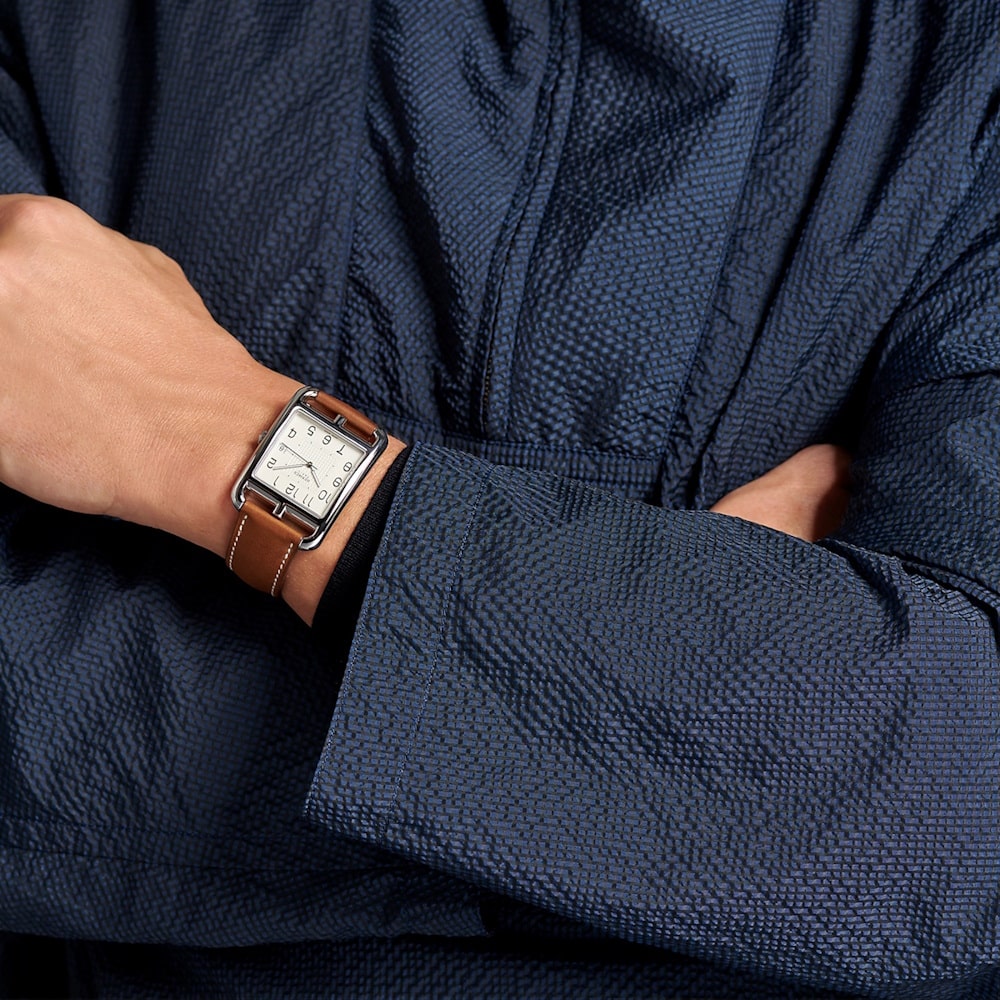
Just don’t think that a Burberry watch will have equivalent quality and design to a Burberry trench coat. And yes, a lot of the time, the brand recognition mark-up isn’t worth it. At least, it isn’t worth it from a practical perspective.
But what if you truly love that Burberry check or that Versace Medusa? Or the former’s British sensibilities and the latter’s fear-no-paisley, flashy Roman aesthetic? Then, the markup, though not practical, might be worth it.
You’re paying for style on a usually decent watch.
A Gucci watch is typically Swiss-made, with a quality ETA quartz movement, and features the distinctive Gucci style. Plus, a brand known for its bit loafers isn’t going to skimp on a watch’s leather strap.
Gucci gets a pretty bad rep for its watches, but the truth is, they aren’t bad — they’re just expensive. At least, they’re expensive for what they are from a purely watch-collecting point of view.
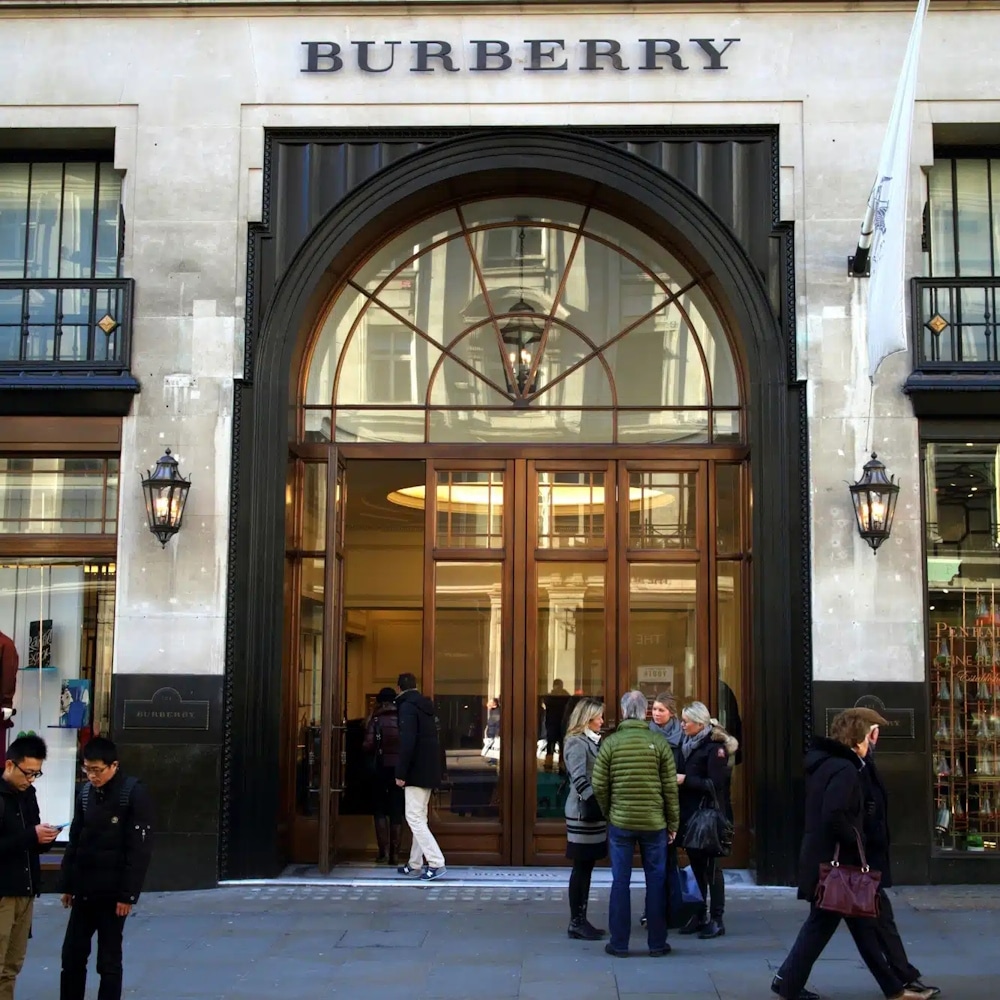
I’m not so cynical as to say that you’re wasting your money on a logo when you buy a watch from a high-end fashion house. I will, however, say that you’re paying for their design sensibilities more than for their watchmaking chops. And hey, there’s definitely overlap.
Of course, if a fashion brand’s watch line ranges in price, it likely ranges in quality, too.
Ralph Lauren is a good example. Lauren, himself, is a watch fan. Moreover, RL stores historically sold vintage watches as well. When they started selling their own watches in the late aughts, they partnered with Richemont, Piaget, and Jaeger-LeCoultre for movements.
You can get an affordable shirt from their Polo label or a highly expensive custom shirt from their Purple label. Their watches are similar.
Jewelry and Watches Go Hand in Hand
Think about some brands that didn’t start out making watches but are today known for them. Cartier is one, as are Bvlgari and Harry Winston. There’s also Van Cleef & Arpels. What do they all have in common?
They’re all jewelry brands.
In fact, Cartier didn’t start making watches until decades after they started.
For the most part, I tend to trust jewelry brands that expand into watches. They’re two sides of the same coin. They’ve basically evolved side-by-side, like humans and dogs. At the dawn of watchmaking, horologists and silversmiths worked together to finish movements.
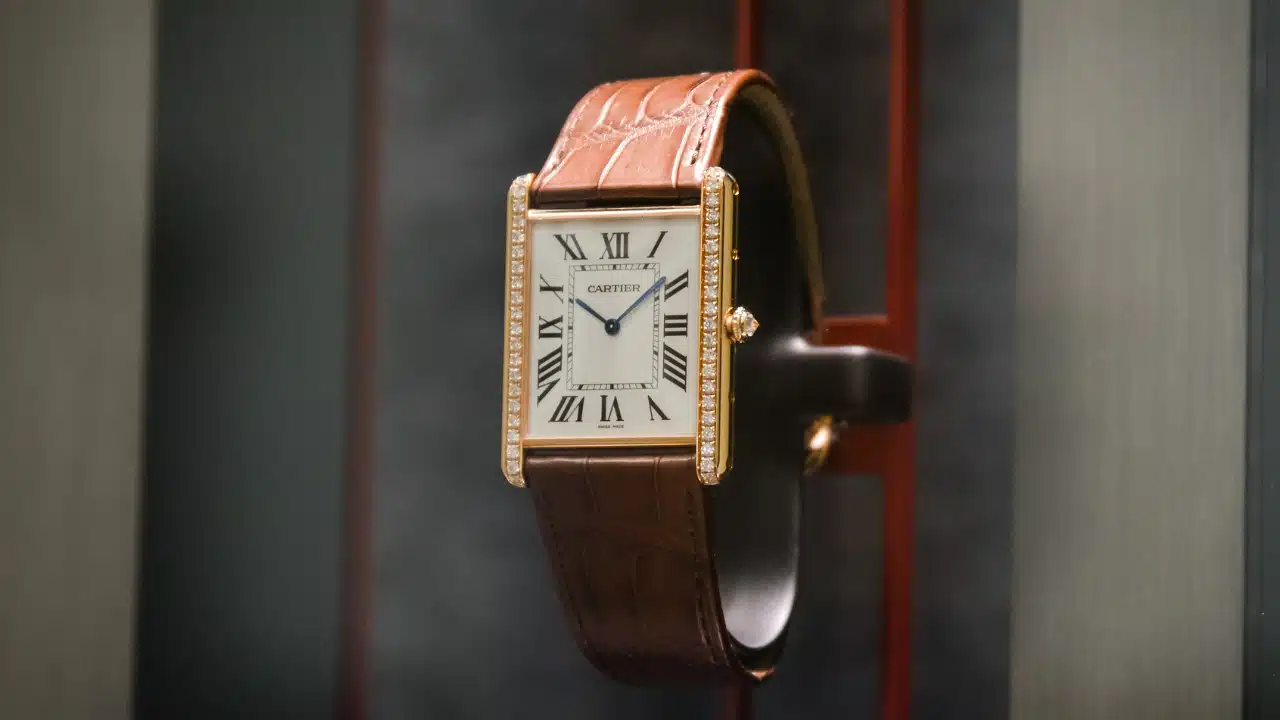
Here’s a bit of insider information. When it comes to specialist departments in high-end auction houses, jewelry and watches are highly connected. They’re often on the same floor, share the same extensions, and work very closely together.
People frequently ask me about luxury goods and watches. Pens occupy the same space as watches. They’re both everyday carry, arguably old-timey and admired for how form connects to function.
This is likely why Montblanc watches are well respected.
The only thing missing with these horologically superior jewelry-brand watches is the investment component. Rolex and Patek, with ups and downs, are auction house darlings.
But hey, most watch brands aren’t Rolex or Patek, either.
Yes, There Are Good Watches From Non-Watch Luxury Brands
Some generally excellent fashion designers’ watch lines include those of Hermès, Chanel, and Louis Vuitton. All of these brands have actual haute horology workshops, separate from their haute couture studios.
Even if you disagree with my examples, you can at least say they’re on the right track. These brands have all taken the time to build, essentially, separate brands.
Hermès has actually been in watchmaking since the 1920s. That’s over 100 years. They worked with Swiss watchmakers from the beginning, including Jaeger LeCoultre.
Instead of jumping the gun, they waited decades to open their official watchmaking branch, La Montre Hermès SA, in 1978.
They wisely waited until they had the chops before entering the game.
Their current flagship line is the H08 line. It’s quite big but sophisticatedly sporty, flaunting an engineer’s level of efficiency. It’s not my style, but I very much respect the modern design.
Louis Vuitton, meanwhile, takes a sort of Bulgari-esque approach with its High Watchmaking line. It’s unique, more like functional jewelry, and definitely pushes boundaries.
They’re a good brand to turn to if you find traditional watchmaking, which loves the old ways, kind of boring. And yes, high-end Swiss movements, premium constructions, and occasional tourbillons equip these pieces of art.
And finally, there’s Chanel.
Even if it isn’t your style, their J12 line is an undeniable force in the watch world. I’ve heard of it referred to as a guilty pleasure. I get it. It’s almost like a “luxurified” Submariner. That can rub people the wrong way. For example, a sports car with the Gucci GG print all over it can.
But come on. No one is going for the J12 if what they want is a Submariner.
Plus, Chanel’s ceramic watches simply don’t age. They always look new thanks to that fadeless vivid color.
It’s truthfully not a bad watch if you love it and can afford it.
Do Luxury Goods Brands Have a Useful Role To Play in Watchmaking?
I have to admit. I’m slightly allergic to watches made by luxury goods purveyors who aren’t watchmakers primarily. But part of this also has to do with the fact I have traditional aesthetic tastes.
I prefer 19th-century art to contemporary art.
Fashion brands won’t, and in a way can’t, make timepieces in the style of the old classics. What would be the point?
What’s in it for Hermès, from a market point of view as well as from an artistic point of view, to make a standard field watch? To make a Pepsi bezel GMT with a slight Hermès twist?
We have the Christopher Wards of the world for that, and that’s not what Hermès is in the business of.
Remember that watches are just as much style and fashion as they are EDC. I wouldn’t recommend Chanel to a guy whose interests lean more toward the latter.
I can’t deny that luxury goods brands expand the style proposition of the watch world.
Leave your questions and comments below!
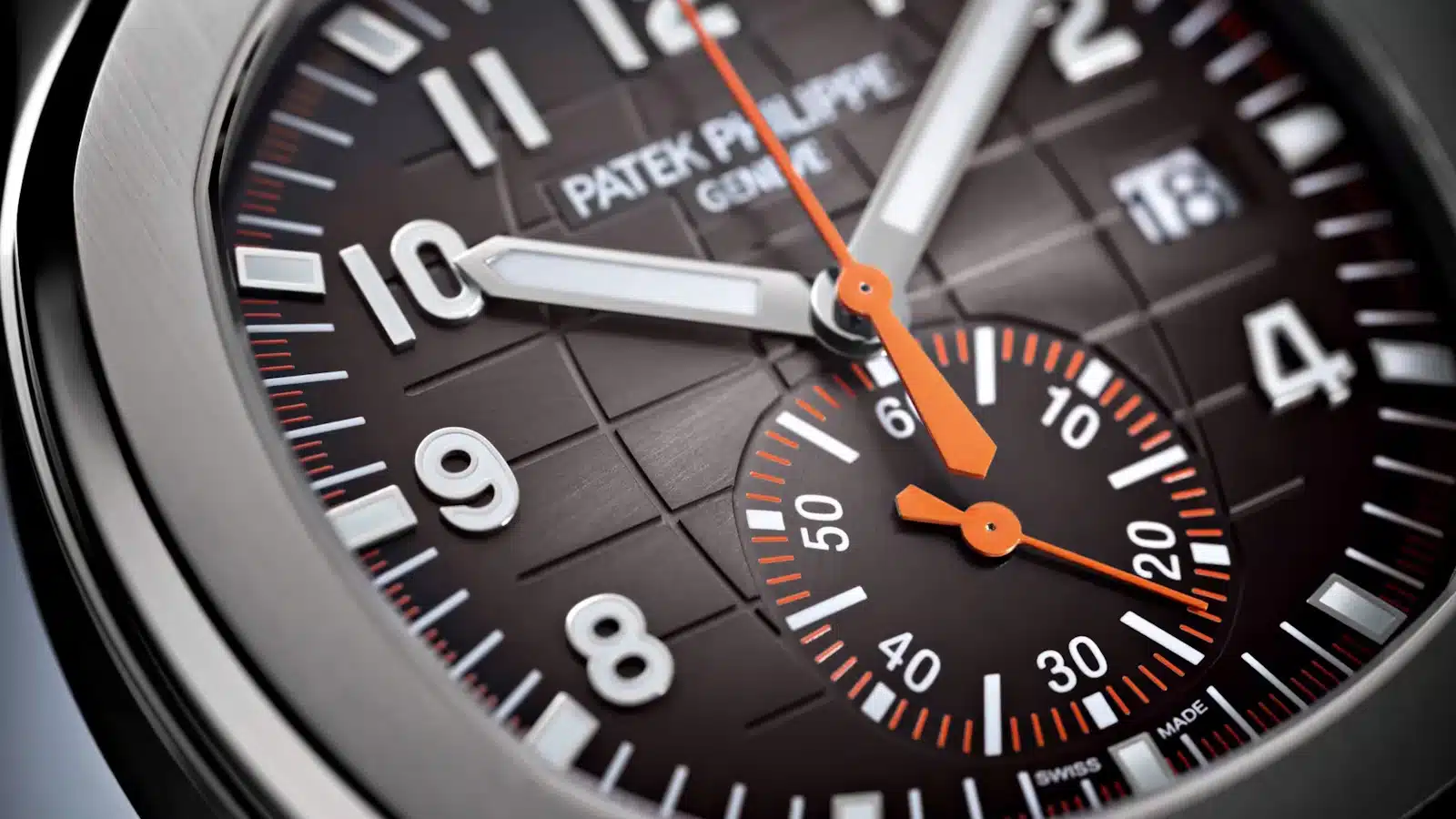
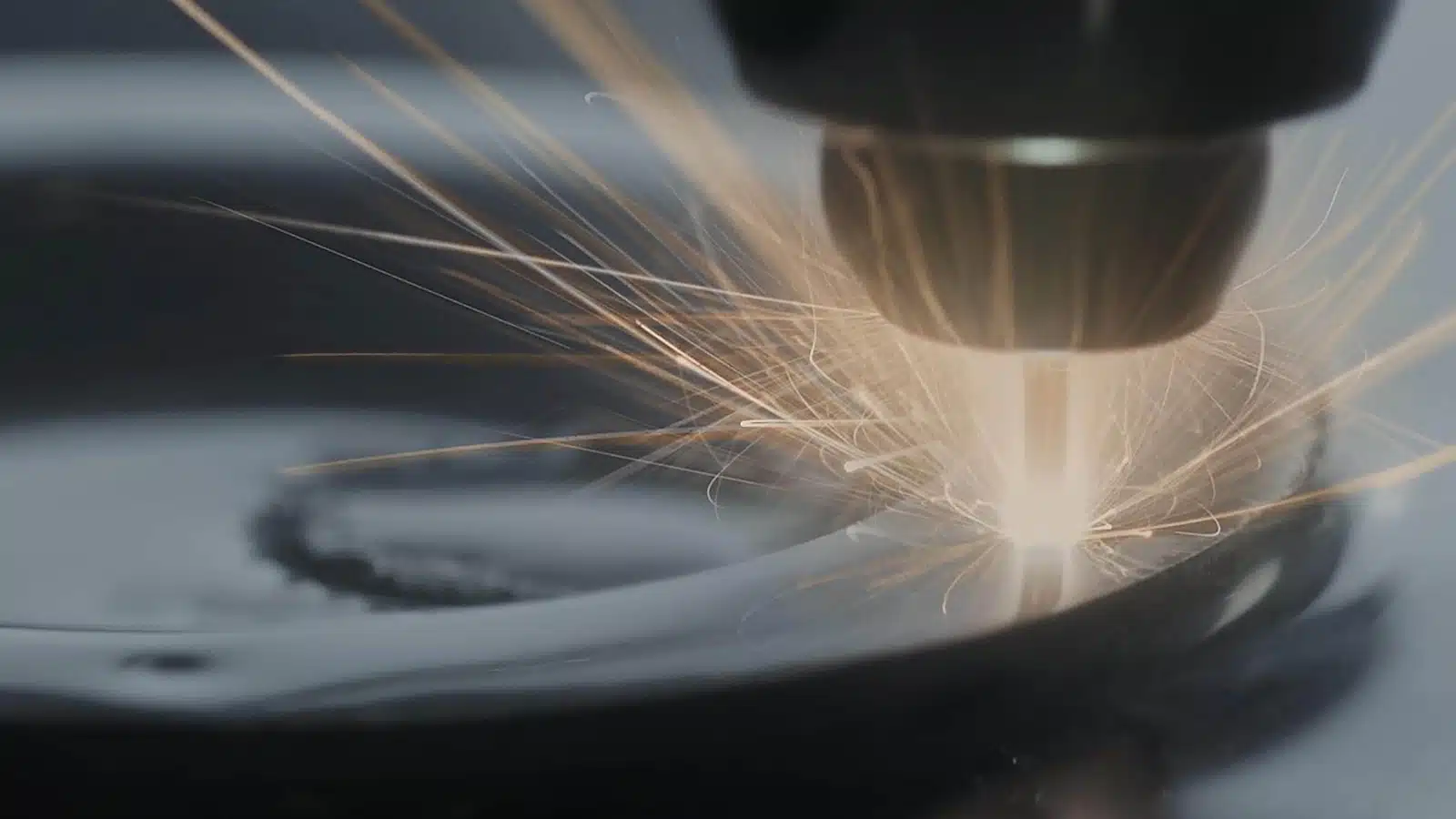
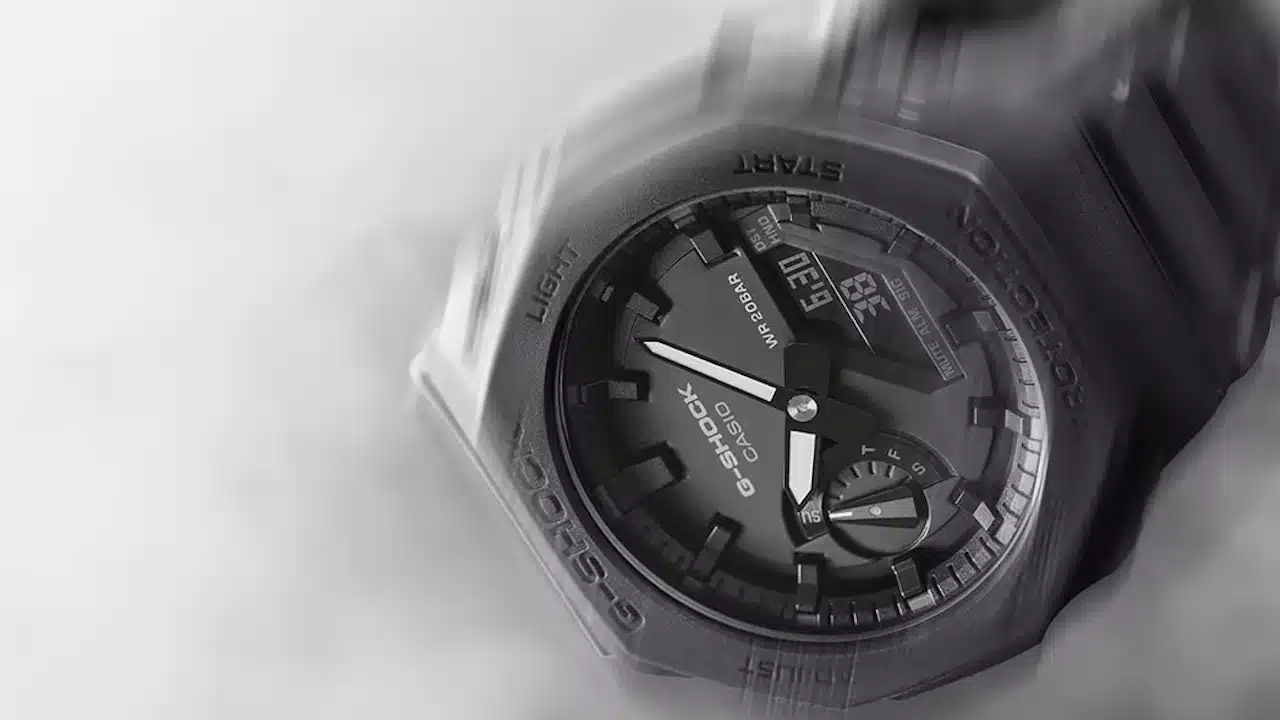
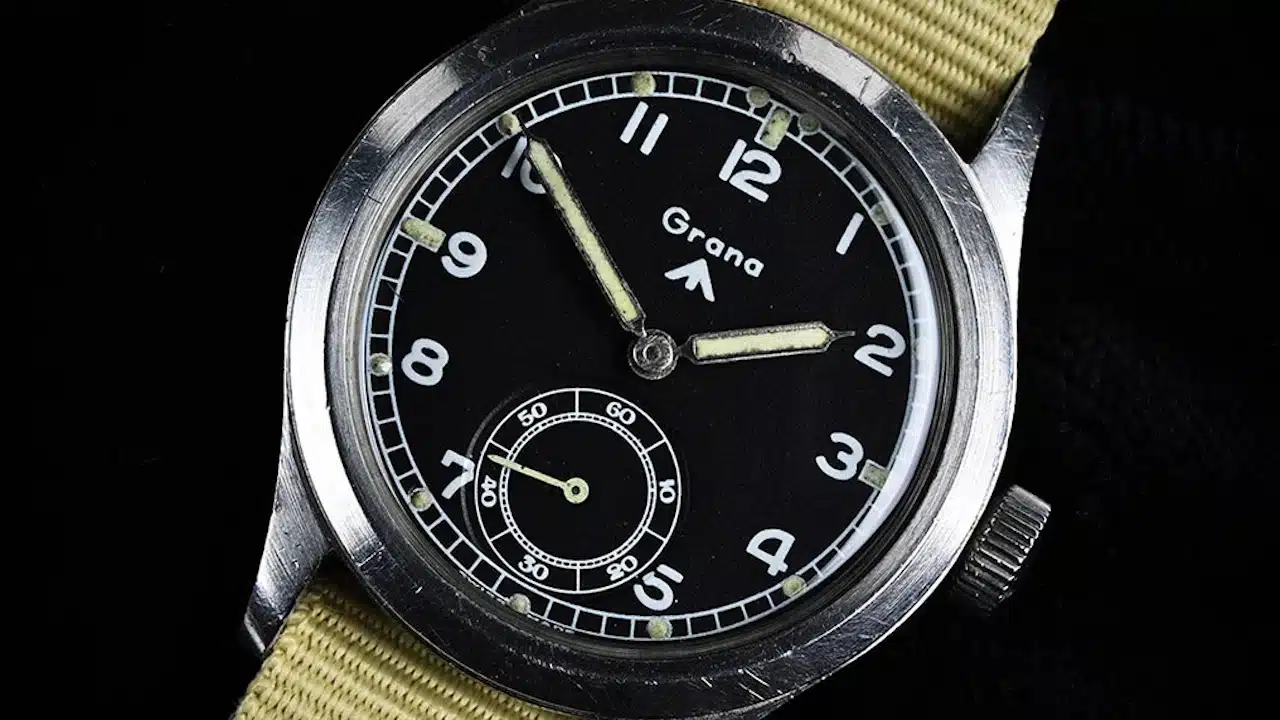
Leave a Reply